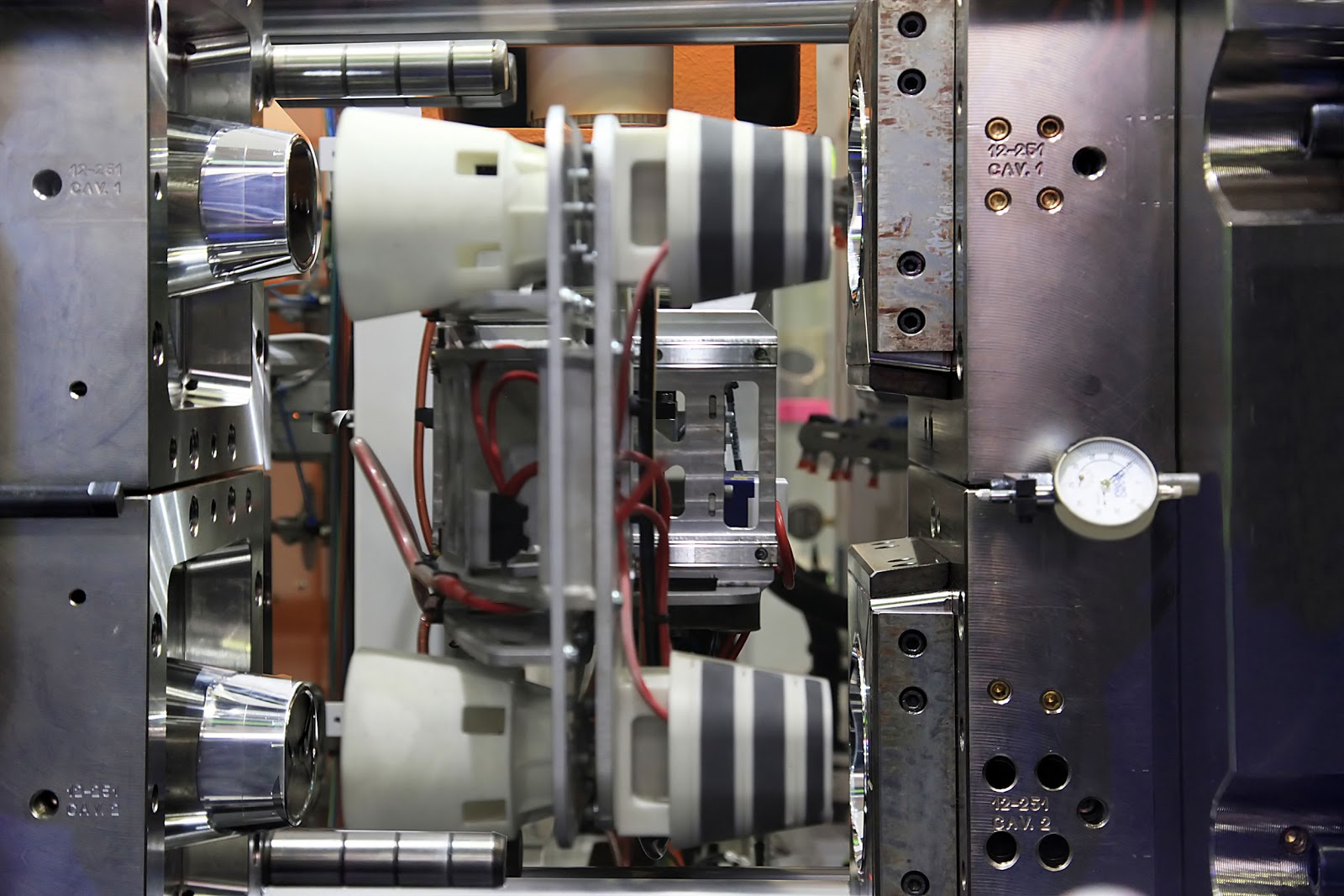In many injection moulding operations of plastics, the mould coolant temperature is required to be very cold to attain optimum results. The rapid cooling of the mould causes the water vapour present in the surrounding atmosphere to condense. When the condensation occurs, water droplets start forming on the mould surface, just like it happens to a glass of cold water in the summers. The condensed water can cause significant damage to the mould by increasing the speed of the mould’s corrosion processes. Moreover, the condensed water also causes problems in the product being moulded; it forms watermarks and cracks on the product.

To solve this problem manufacturers have two options. The first is to raise the temperature of the coolant to avoid condensation of vapour. However, with this solution, they may face problems like slow resin cooling, slower production cycle, less than optimum properties of materials and many other defects. The second option is to use mould dehumidification systems, which is not only economical but also the best quality solution for mould sweat problems during plastic mould operations.
How Do The Mould Dehumidification Systems Work?
The air laden with moisture enters in the unit through the process inlet and passes through the desiccant wheel where the moisture is adsorbed on the surface of the desiccant in the wheel and hence water is removed from the air. The dehumidified and dry air is then transferred to the conditioned area through the process outlet. The rotating wheel moves into the reactivation process before its saturation. During this time, the moisture is driven out by the hot air blown through the reactivation segment of the wheel. The revolving rotor provides extremely precise dew point control and stable temperature.
Why Use Mould Dehumidification Systems for Mould Operations?
-
Improved Material Properties
By using mould dehumidification systems, manufacturers can indulge in the rapid cooling of their mould without worrying about condensation of vapour. This will improve not only the clarity but also the crystalline structure of the plastic products. The thermal shock cracks that form on the products due to the resins coming in contact with water vapour will also not be a problem anymore.
-
Faster Production Cycles
The lower is the temperature of the coolant; the faster will be the speed of cooling of plastic products. Stats suggest that there is 40 percent more increase in the production from machines if the temperature of the coolant is low. The dehumidification systems ensure that there will be no condensation on the products if the temperature is lowered.
- Minimum Mould Maintenance
With the reduction in condensation of water, the mould is not bathed every time the machine runs. This reduces the chances of surface corrosion of the mould. It is seen that the life of the mould surface can be doubled if it mould sweating is avoided using dry air.
-
Better Surfaces of The Products
Without the formation of water droplets on the mould, the surface finish of the product becomes highly improved. The moulds that are used for high volume and precision parts like optical disks need proper dry air. The mould dehumidification systems ensure that condensation will not corrupt the precise surface details of the parts. Moreover, they reduce water on the surface so that it does not interfere with the finishing operations.
-
No Corrosion of Mould
Most of the equipment and the mould used during the manufacturing of plastic products are costly. Even small problems in them can lead to high losses for the manufacturers. The dehumidification systems protect the equipment from corrosion by keeping the moisture in check.
-
No Effects of Weather
The mould dehumidification systems ensure that weather conditions do not affect the production cycle. Many industries that do not use these systems have problems meeting their production schedules during summers. This results in a loss of customers and revenue to these enterprises.
In a nutshell, one can say that by using mould dehumidification systems during plastic mould operations, manufacturers can not only improve their product quality but also increase their revenues.





